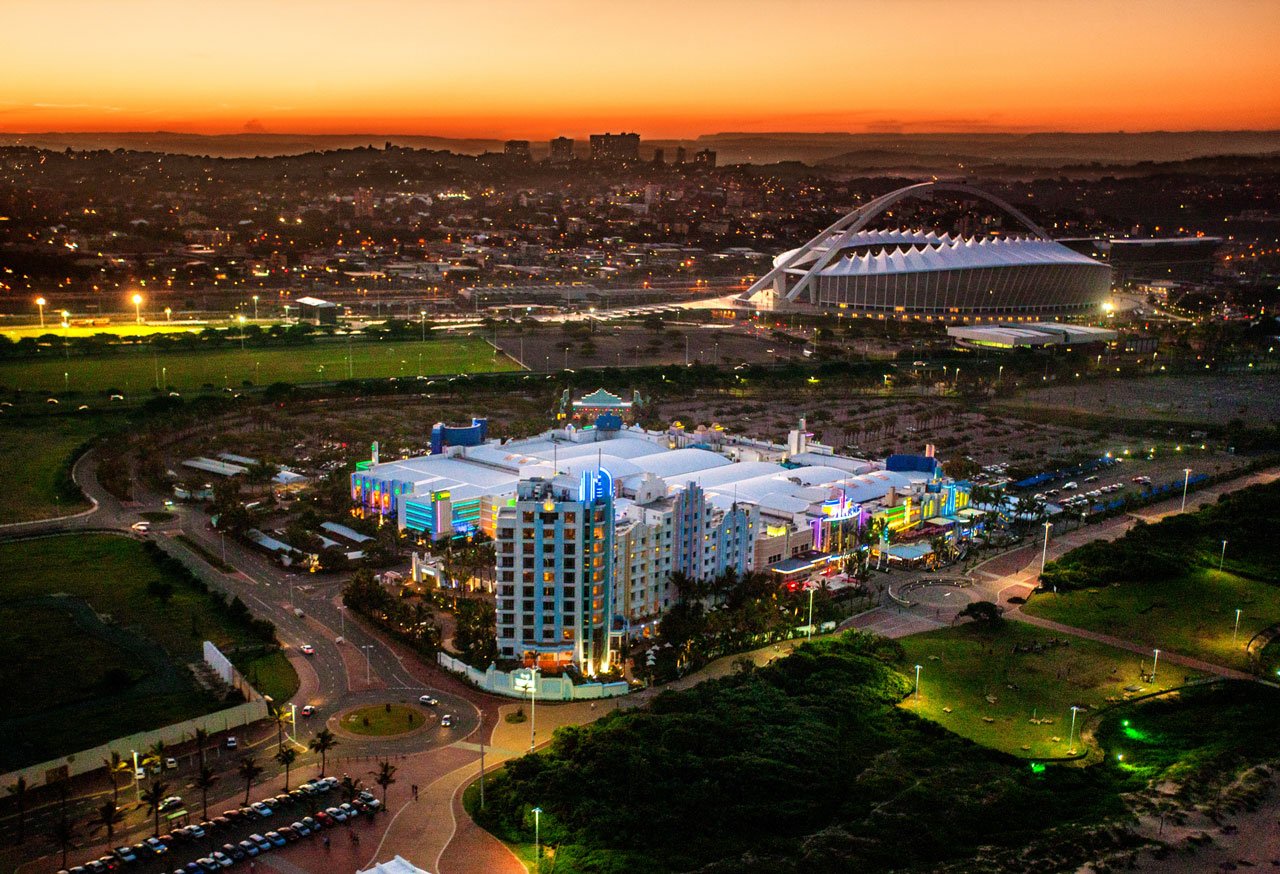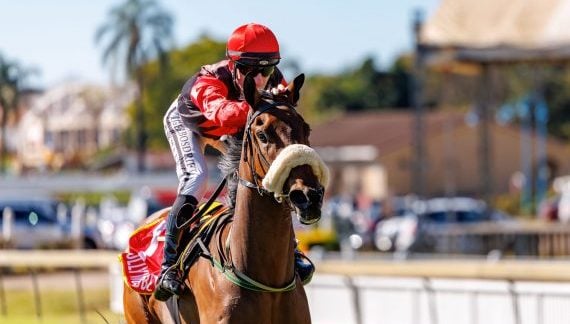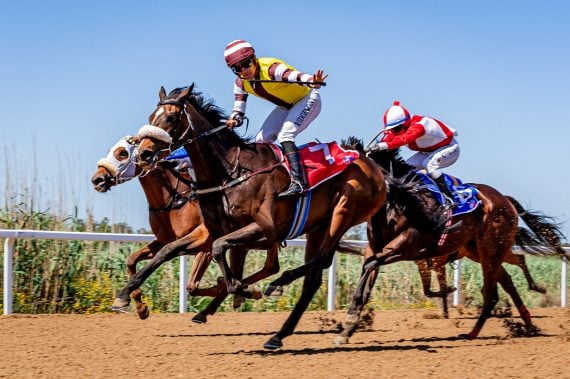Phumelela have chosen the synthetic track for Fairview and a new facility at the country ‘s biggest training centre, Randjesfontein in Johannesburg.
Polytrack, the racing surface that UK-based inventor Martin Collins has exported around the world, is about to make its debut in South Africa after being chosen for a synthetic track at Fairview in Port Elizabeth and a new facility at the country ‘s biggest training centre, at Randjesfontein in Johannesburg.
Both projects have been approved by the board of regional operator Phumelela, whose horseracing executive Patrick Davis gained knowledge – if not first-hand experience – of Polytrack during his time as chief executive at Plumpton.
Work begins at Randjesfontein next month on constructing a five-metre-wide training track, with a 2,000-metre circuit.
Detailed planning for the Fairview project is still being completed, since Phumelela intends to close Arlington, Port Elizabeth’s other racecourse, in the process.
Davis said: “Currently two racecourses are required to accommodate the 70-odd race meetings held in the city annually, but a synthetic surface at Fairview will enable all racing to be held at one venue.
“As a consequence we have asked the East Cape Gambling Board to lift its requirement for two racecourses in the city.”
Davis added: “Having one venue will significantly reduce operating costs and a synthetic track will ensure that virtually no meeting is abandoned because of rain, which will boost betting turnover and tax revenue to the provincial government.
“Almost all horses in Port Elizabeth are stabled at Fairview, and closing Arlington means there will be no need to transport them from one venue to the other, which will save owners money and reduce road wear and carbon emissions.”
Davis explained that environmental issues had been high on Phumelela’s agenda when examining the Polytrack alternative, which requires less watering than turf or sand tracks.
He said: “This is of huge importance in the Eastern Cape, where droughts are common. You water synthetic tracks only to cool them if temperatures exceed 35 degrees, and that’s something that rarely happens in Port Elizabeth.”
Other green issues have been taken into consideration in planning the Fairview project, including commissioning specialist plant and animal biologists to examine the impact on man-made wetlands inside the course.
Collins explained that investigative work and post-installation testing had been conducted for several years on Polytrack surfaces, which are used on three of Britain’s four all-weather tracks and 11 other courses around the world, from Del Mar to Dundalk, and France to Singapore.
He said: “Following the installation at Lingfield, extensive monitoring was undertaken to assess the environmental impact, if any, of the surface on the streams flowing through the site.
“Testing was carried out over a 12-month period on the water that filtrated through the Polytrack surface, the underlying tarmac layer, into the carboniferous limestone drainage bed and lastly via the extensive drainage system, before entering the stream.
“The results showed that the surface had no detrimental effect on the quality of water leaving the site , and hence the measured environmental impact was negligible.” – Howard Wright, Racing Post









